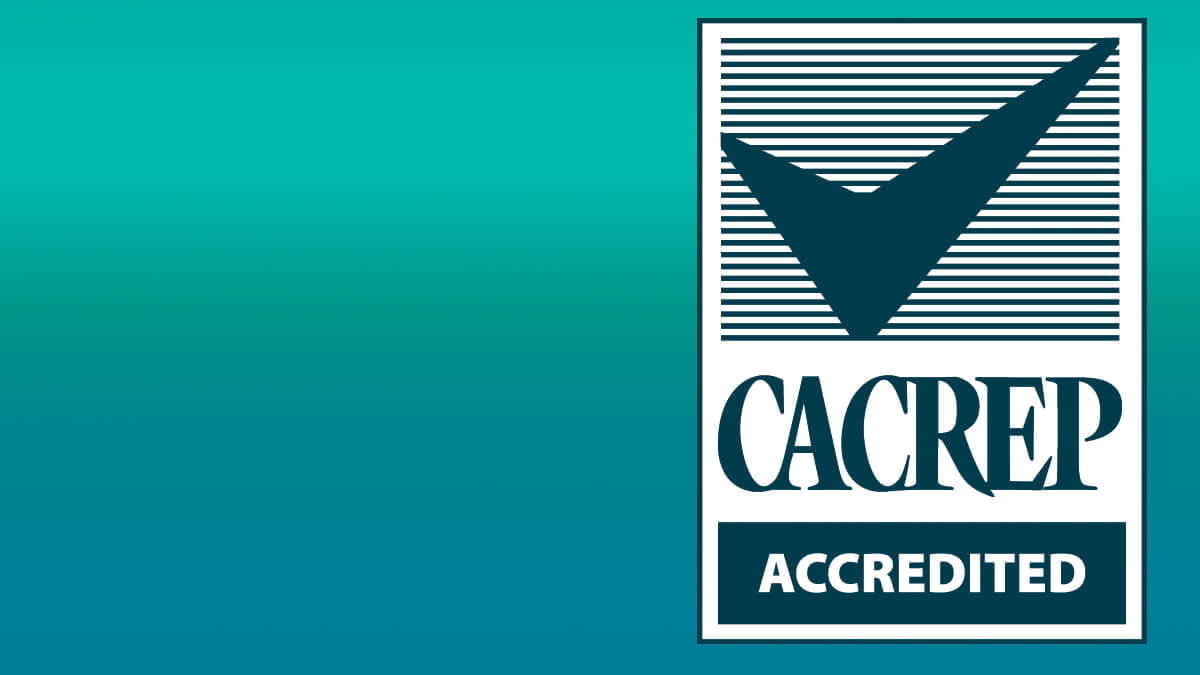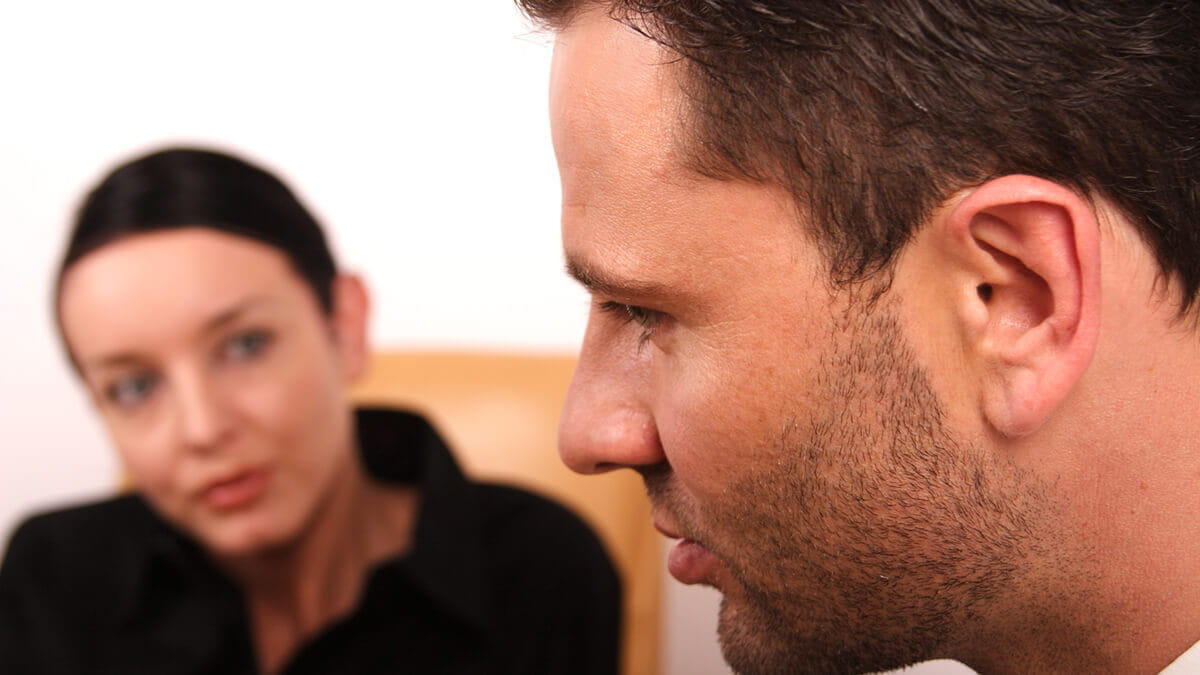Program Details
Curriculum
Completion Requirements
- 100–106 quarter credits
- Foundation course (1 cr.)
- Core courses (80 cr.)
- Specialization courses (10 cr.)
- Field experience (9–15 cr.: Practicum: 100 hours; Internship: 600 hours)
- Professional Development Plan, Licensure Plan
- 2 Pre-Practicum Labs (6 weeks online with 4 days of face-to-face experience)
- Group Lab (9 weeks online with 10 hours of live synchronous group)
View the COMPLETE CURRICULUM PLAN
Time to completion will vary by student, depending on individual progress and credits transferred, if applicable. For a personalized estimate of the number of your transfer credits that Walden would accept, call an Enrollment Specialist at 855-646-5286.
Admission Requirements
Program Admission Considerations: A bachelor's degree or higher.
General Admission Requirements: Completed online application and transcripts. Please note that the materials you are required to submit may vary depending on the academic program to which you apply. More information for international applicants.
| Curriculum Component | Requirements | Cost | amount |
|---|---|---|---|
| Tuition | 100 credits of core courses | $515 per quarter hour | $51,500 |
| Pre-Practicum Labs | Two in program | $1,450 each (virtual) $1,550 (in-person: travel, lodging, and other expenses are additional) | $2,900–$3,100 |
| Program Fee | Per quarter | $175 | $2,100 |
| $56,500–$56,700** | |||
| BELIEVE & ACHIEVE SCHOLARSHIP YOUR TUITION | -$7,210 $49,290* | ||
*Represents specialization, two virtual pre-practicum labs, minimum time to completion, and Believe & Achieve Scholarship. Your actual total program time and costs may vary. Believe & Achieve Scholarship savings based on current tuition. See Scholarship Details for more information.
**Tuition reflects the minimum time to completion. Time to completion varies by student, depending on individual progress and credits transferred, if applicable. Tuition and time to complete may be reduced if transfer credits are accepted, or if you receive grants, scholarships or other tuition reductions. Walden may accept up to 45 transfer credits. For a personalized estimate of the number of your transfer credits that Walden would accept, call an Enrollment Specialist at 844-768-0199.
Tuition and fees are subject to change. Books and materials are not included and may cost up to an additional $4,500.
Testimonials
I always enjoyed my classes at Walden, which is why I decided to re-enroll for my PhD.
If I did not attend Walden University, I would not have the counseling skills required to work with populations affected by mental illness.
While attending Walden University, I had the most valuable education that led to me opening my own business.
Related Articles
FAQs About Walden’s MSCMHC Trauma Crisis and Counseling Specialization
Trauma and crisis counseling are two related but distinct fields of mental health care. Trauma counseling focuses on helping people who have experienced a traumatic event cope with the aftermath of the event and heal from its effects. Crisis counseling, on the other hand, is designed to help people who are experiencing a sudden and unexpected crisis, such as a natural disaster, a personal loss, or a medical emergency. Both trauma and crisis counseling can be helpful in providing support and guidance to people who are struggling to cope with difficult life events.
In order to be a successful crisis counselor, you must have a strong understanding of the psychological effects of trauma and crisis, as well as the ability to provide support and guidance to those who are struggling. It is also important to be able to build rapport with clients and create a safe and supportive environment in which they can feel comfortable sharing their thoughts and feelings. Finally, crisis counselors must be able to remain calm and objective under pressure and make decisions that are in the best interests of their clients.
To become a trauma counselor, you will need to complete a master’s degree in counseling or social work with a specialization in trauma. You will then need to pass the National Counselor Examination, which is the certification exam to become a licensed counselor. It is always a good idea to choose an accredited program. Walden University’s MS in Clinical Mental Health Counseling is accredited by The Council for Accreditation of Counseling and Related Educational Programs, commonly known as CACREP. Having CACREP accreditation indicates that a program’s content and quality have been evaluated and meet strict, consistent standards set by the profession.











